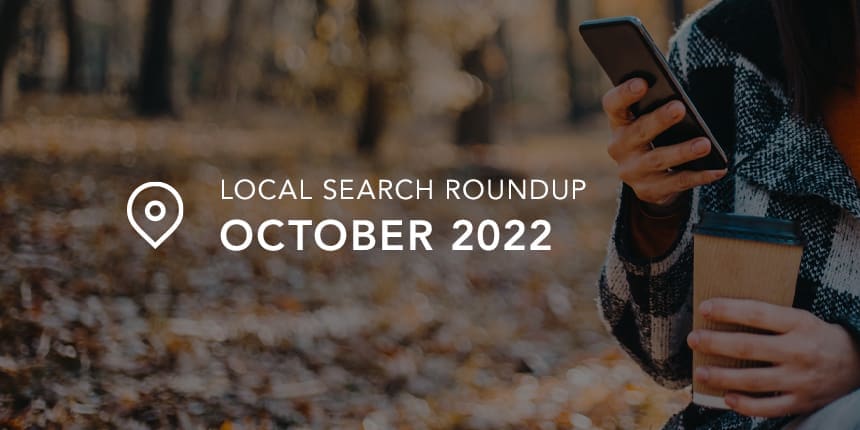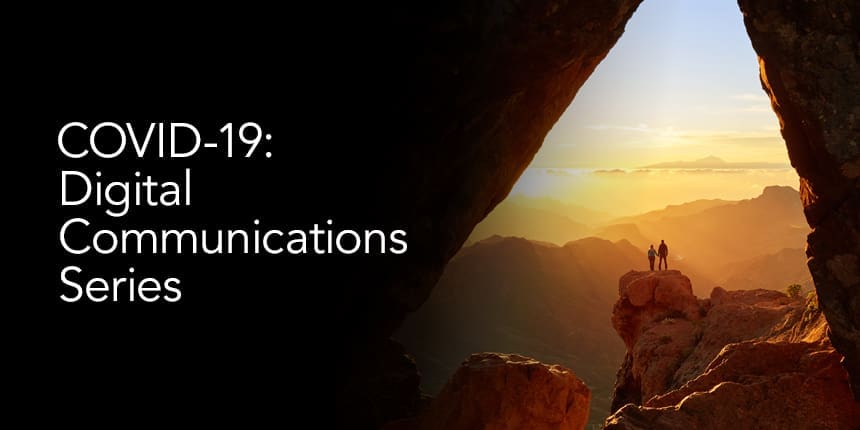
 Guest-blog-post-sandra-olivera-acco...
Guest-blog-post-sandra-olivera-acco... Today’s guest blog post comes from across the Irish sea at Microsoft’s office in Dublin and is kindly provided by Sandra Olivera our Account Manager at Bing.
Q. Sandra, welcome to the Ambergreen blog and thank you so much for writing this guest post. Before we delve down into the nitty gritty tell us a little bit about yourself and your role at Bing.
Thank you very much for having me. A little about myself: I am a Mexican national living in Ireland for nearly 10 years, and I love it! I’m a Marketing bachelor with a specialization in Sales and I have a Post grad in Digital Marketing and a Diploma in Social Media. I have been working in B2B Sales for over 5 years, 3 of which in PPC, all of them with Bing.
In my role I get to interact with Agencies and Direct advertisers in the UK on a daily basis to provide technical support and strategic account optimizations to ensure they get the best ROI, in addition to participating on internal projects.
What drove me to PPC is that it is traceable and you can gather enough data to make an informed decision about what type of advertising campaigns to run and even predict what will be the outcome. I also consider it very honest as the information about the advertising campaigns is accessible for the clients.
Q. And which part of the role do you enjoy most and why?
Customer interaction. I like to see myself as the trusted advisor of my clients. I work closely with them to find solutions, to unlock new business opportunities on the Yahoo Bing Network, as well as keeping a constant engagement to update them with the latest Bing Ads features or current pilots. I also like knowing that I am adding value to their Sales mix.
Q. The search landscape constantly evolves as do the advertising platforms available for marketing campaigns; tell us about your most recent product launches and what is in the pipeline.
This year we released sought-after features such as SiteLinks extensions. Advertisers who implemented this feature saw an average increase in CTR of 16% in the UK. We also released other powerful ad extensions such as Call Extensions, Location Extensions, Rich Ads and Merchant ratings, and we have seen some interesting multiplying factors with brands combining SiteLinks and local extensions for instance. With regards to call extensions, they are of course compatible with the growing smartphone usage, but leveraging our Skype product, we have also expanded its benefits to PC users who can now click-to-call from their computer. As you can imagine it is a unique feature to Bing Ads. We have still more to come with Enhanced Site links and Product ads. I am glad that Ambergreen is taking part in pilots so that we can have great feedback and deliver a quality product.
Q. Are there any of your tools and services you think are really powerful but are underutilised?
Customers who use our offline tool Bing Ads Editor find it very easy to make bulk changes, so I would encourage everyone to get the latest version. Another must-have is Bing ads Intelligence. This is a free Excel plug-in which connects you directly to the Bing data warehouse, which means that you can get historical information about keyword performance. A couple clicks and you can know how many people searched for a given keyword, their demographic profile, the devices they used, their location and the costs required for the different ad positions and match cases. That is very powerful and really allows advertisers to inform their PPC strategy. However an underutilised feature is Conversion tracking with campaign analytics. I would encourage everyone not to rely on only one source of tracking and implement conversion tracking on their Bing ads campaigns; it is a very simple step that can give your account manager much better visibility on your accounts so that we can provide you with better optimizations.
Q. Which industry sector, do you think, makes the best use of the technologies and tools developed by Bing?
In the UK, the travel industry. Travel is a very competitive vertical and one that performs really well on the Yahoo Bing Network as we offer a better ROI than our competitors. Our customers are very aware of how competitive the market place is and they also know how important it is to keep on top of features and in main line position. To do so, they make sure that they are using our latest tools and that they are quick in adopting any new features that are relevant to their clients and could mean the difference with the competition. Travel customers tend to implement features as soon as they are out of the box.
Q. And are there any particular verticals that you think are under using these technologies? Please also explain why you think this is the case.
I don’t think there is particular vertical that is under using them, but I definitely see customers across different verticals who are being way ahead of their competition by keeping themselves up-to-date and applying all the relevant features to their ads. I would encourage you to reach out to our team, as we can provide you with account analysis and account planning so you stay ahead of the game. Alternatively, keep up to date by visiting our Features & releases section of our blog for the latest on how to best use Bing Ads or follow our @BingAds twitter handle.
Q. What’s your favourite digital ad campaign and why?
Ever since I was a child, my mom and I have been used to rating TV ads based on: if the message of the ad was clear and memorable and that the ad was both entertaining and original. I must say I particularly enjoy Guinness ads… You can’t have a Guinness without thinking/saying “It’s alive inside”
Q. Your presence in the US and UK is growing, however do you think you can penetrate other markets where your presence isn’t as strong?
They say that Rome wasn’t built in one day. We are now live in 35 countries in 5 continents and our advertisers are consistently seeing good results. We have been working hard to grow market share and to do it in a qualitative manner so to offer consumers and advertisers a quality environment. But Bing is much more than a search engine. It is at the core Microsoft strategy which is why all our services and products have Bing integrated in it, from Windows to Xbox, from Windows Phone to Office or Skype. And our qualitative efforts are paying off as we are growing, but also convincing other companies to embrace our technology, like you would have read with Apple, Amazon, Facebook or Twitter. There is a definitive momentum around Bing. From the customer end what we keep hearing is that we are providing a healthy alternative to those who felt that they had no other choice than using our competitor. So yes, I think we can penetrate other markets. It has been and will be a challenge but we are committed to it.
Q. Your biggest competitor is Google, do you think your audience differs from that of Google and if so how?
It does, the demographics are slightly different and the consumer behaviours too. According to a study by comScore as of March 2014, worldwide searchers on the Yahoo Bing Network spend 92% more online than the average Internet searcher and 29% more than Google searchers worldwide.
Q. There has been a lot of debate surrounding the topic of “Right to be forgotten”. What stance does Bing take on this and how will this issue be addressed?
We’re currently working on a special process for residents of the European Union to request blocks of specific privacy-related search results on Bing in response to searches on their names. Given the many questions that have been raised about how the recent ruling from the Court of Justice of the European Union should be implemented, developing an appropriate system is taking us some time. We’ll be providing additional information about making requests soon
Q. Final thought for the day; futuristic search engines. How do you think search engines will function / integrate into our lives in 10 years?
In my personal view I see search engines that will deliver a much accurate and personalised experience based on all of our digital foot print, such experience will be easily carried across multiple devices, but not only phones and computers but it will integrate and become common on our domestic appliances, cars, around our houses, schools, etc. Search will become an indispensable tool. Have you seen Cortana? I see technology like Cortana deeply engraved into our daily lives, and search will be at its core.

